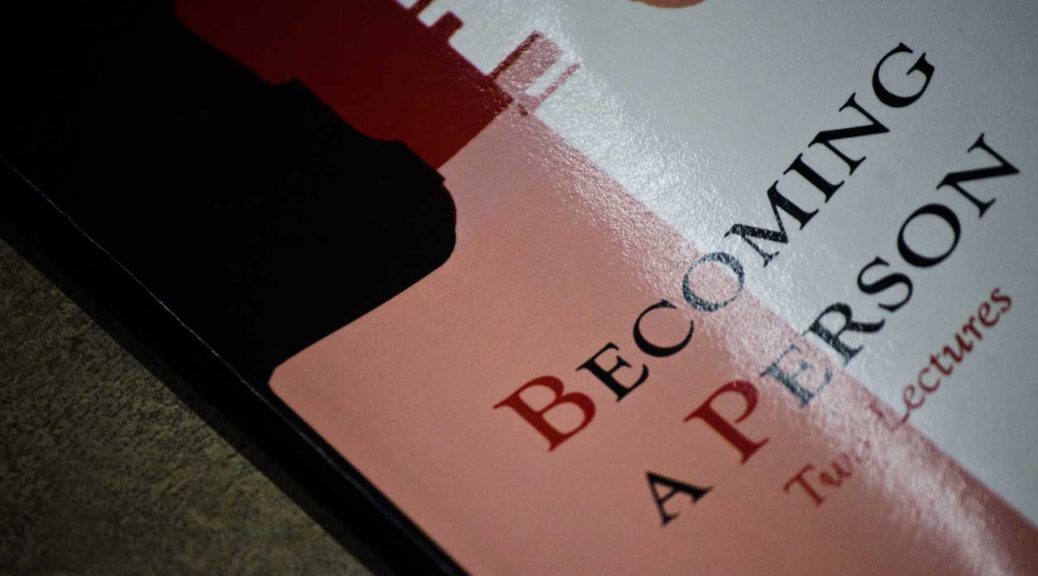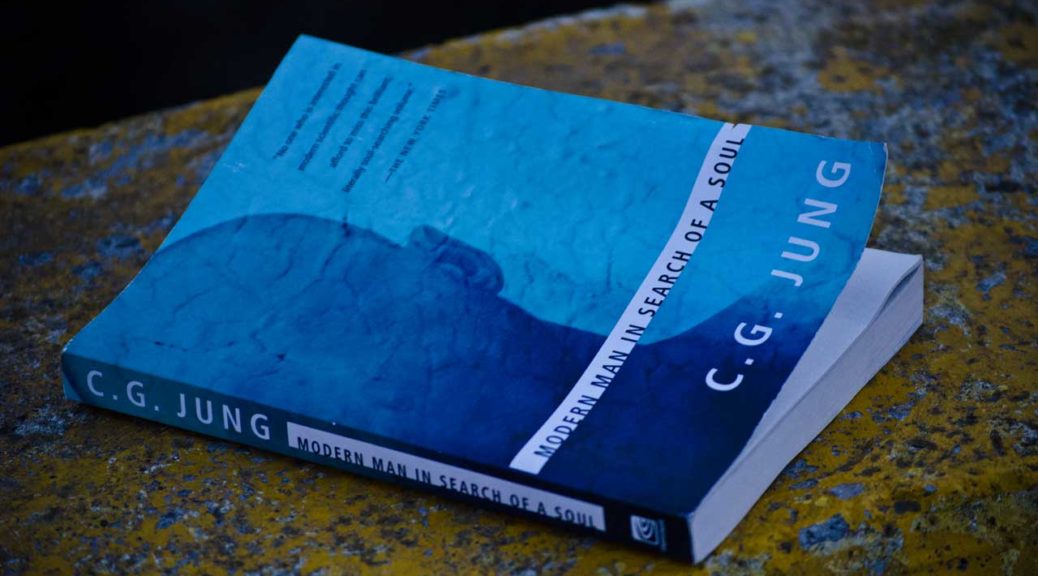Category Archives: books to read
Stanley Kubrick
See
Through a Different Lens Stanley Kubrick Photographs
See photographers Weegee, Henri Cartier-Bresson, and Diane Arbus.
Essay Words and Movies by Stanley Kubrick (Sight & Sound, vol.30 (1960/61), p.14.) via visual-memory.co.uk
“The perfect novel from which to make a movie is, I think, not the novel of action but, on the contrary, the novel which is mainly concerned with the inner life of its characters. It will give the adaptor an absolute compass bearing, as it were, on what a character is thinking or feeling at any given moment of the story. And from this he can invent action which will be an objective correlative of the book’s psychological content, will accurately dramatise this in an implicit, off-the-nose way without resorting to having the actors deliver literal statements of meaning.”
“I think that for a movie or a play to say anything really truthful about life, it has to do so very obliquely, so as to avoid all pat conclusions and neatly tied-up ideas”
The ideas have to be discovered by the audience, and their thrill in making the discovery makes those ideas all the more powerful. You use the audience’s thrill of surprise and discovery to reinforce your ideas, rather than reinforce them artificially through plot points or phoney drama or phoney stage dynamics put in to power them across.”
“Style is what an artist uses to fascinate the beholder in order to convey to him his feelings and emotions and thoughts. These are what have to be dramatised, not the style.”
“Often, at one point, the writer expects a silent look to get across what it would take a rebus puzzle to explain, and in the next moment the actor is given a long speech to convey something that is quite apparent in the situation and for which a brief look would be sufficient. Writers tend to approach the creation of drama too much in terms of words, failing to realise that the greatest force they have is the mood and feeling they can produce in the audience through the actor. They tend to see the actor grudgingly, as someone likely to ruin what they have written, rather than seeing that the actor is in every sense their medium.”
“a writer-director is really the perfect dramatic instrument; and the few examples we have where these two peculiar techniques have been properly mastered by one man have, I believe, produced the most consistently fine work.”
“Any art form properly practised involves a to and fro between conception and execution, the original intention being constantly modified as one tries to give it objective realisation. In painting a picture this goes on between the artist and his canvas; in making a movie it goes on between people.”
To Read:
Kubrick: Inside a Film Artist’s Maze by Thomas Allen Nelson
Existentialism via Solzhenitsyn and the Gulag
Humanism: Carl Rogers
Jordan Peterson.
to read:
Way of Individuation Jolande Jacobi
Toward a Psychology of Being Abraham H. Maslow
see morita therapy

Becoming a Person
Rogers, Carl R. Becoming a Person: Two Lectures Delivered on the Nellie Heldt Lecture Fund. Martino Publishing, 2015. (First published 1954)
-Some Hypotheses Regarding the Facilitation of Personal Growth
-What It Means to Become a Person
“It has gradually been driven home to me that I cannot be of help to this troubled person by means of any intellectual or training procedure. No approach which relies upon knowledge, upon training, upon the acceptance of something that is taught, is of any use.” p. 2
hypothesis: “If I can provide a certain type of relationship, the other person will discover within himself the capacity to use that relationship for growth, and change and personal development will occur.” p. 2
to read Søren Kierkegaard
Kierkegaard ‘points out that the most common despair is to be in despair at not choosing, or willing, to be one’s own self; but that the deepest form of despair is to choose “to be another than himself.” One the other hand, “to will to be that self which one truly is, is indeed the opposite of despair,” and his choice is the deepest responsibility of man.’ p. 11
“To remove a mask which you had thought was part of your real self can be deeply disturbing experience, yet when there is freedom to think and feel and be, the individual moves toward such a goal.” p. 11
“the real self is something which is comfortably discovered in one’s experience, not something imposed upon it.” p. 15
“to an increase degree he becomes himself-not a facade of conformity to others, nor a cynical denial of all feeling, nor a front of intellectual rationality, but a living, breathing, feeling, fluctuating process-in short, he becomes a person.” p. 15
“this increasing ability to be open to experience makes him far more realistic in dealing with new people, new situations, new problems. It means that his beliefs are not rigid, that he can tolerate ambiguity.” p. 16
“The individual increasingly comes to feel that this locus of evaluation lies within himself. Less and less does he look to others for approval or disapproval; for standards to live by; for decisions and choices. He recognizes that it rests within himself to choose; that the only question which matters is: “Am I living in a way which is deeply satisfying to me, and which truly expresses me?” This I think is perhaps the most important question for the creative individual.” p. 19-20
“the individual seems to become more content to be a process than a product.” p. 21
“It means that a person is a fluid process, not a fixed and static entity; a flowing river of change, not a block of solid material; a continually changing constellation of potentialities, not a fixed quantity of traits.” p. 22
to read: On Becoming a Person (1961)

to read

modern man in search of a soul
Jung, C. G. Modern Man in Search of a Soul. Harcourt. (First published 1933) (translated by Cary F. Baynes)

0215
To read: The Sense of Style: The Thinking Person’s Guide to Writing in the 21st Century by Steven Pinker Feral dog in Geumnyeonsan, Busan, South Korea. February, 2018.
Feral dog in Geumnyeonsan, Busan, South Korea. February, 2018.
reading modern man in search of a soul
on interpreting a dream, ask yourself “What conscious attitude does it compensate?” p. 18
remains of the day
rewatched Remains of the Day | James Ivory | DP: Tony Pierce-Roberts | Screenplay: Ruth Prawer Jhabvala
to read Remains of the Day by Kazuo Ishiguro.